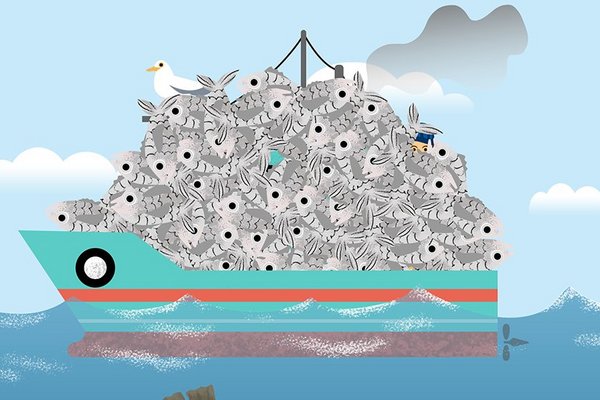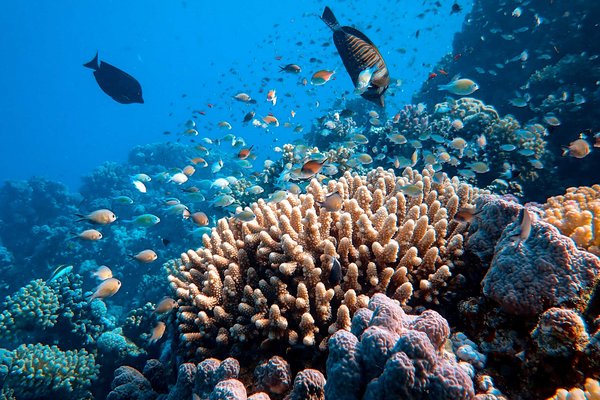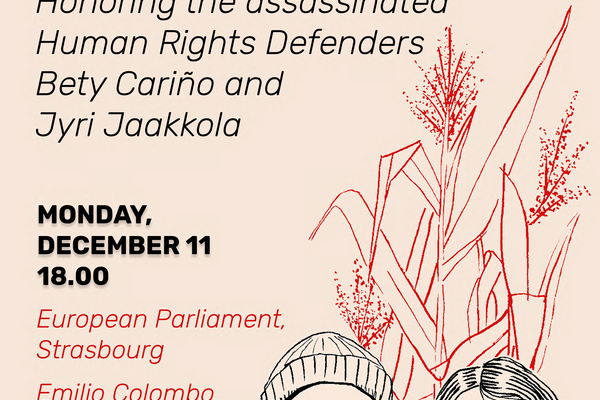Plastic pellets and microplastics: tiny plastic, huge problem

Plastic pellets, the raw material for any plastic product, cause huge damage to flora, fauna and human health when spilled. The latest example for that is the environmental catastrophe at the Galician coast that happened in December 2023. Now, the European Commission wants to tackle the issue of pellet loss. Ska is responsible for this file for the Greens/EFA in the ENVI Committee of the European Parliament.
Almost all plastic products on our planet - plastic bags, plastic bottles, and plastic straws - were once plastic pellets. Pellets, flakes, and powders are the raw material of plastic that manufacturing companies melt and shape into plastic products. For this purpose, pellets are transported through the world, from production to storage to final utilisation. But due to their small size, pellets are easily and often spilled. Pellet losses and spills occur at each stage of the pellet supply chain: during production, storage, loading and unloading, transport, conversion and handling.
Plastic pellets, tyres, and paints are largest sources of microplastics
Plastic pellets are among the three largest sources of microplastic pollution worldwide, right behind tyres and paints. Up to 167,431 tonnes of plastic pellets are lost every year in the EU. Up to 78,000 of those tonnes end up in our oceans. That equals about 3,000 full maritime containers of plastic pellets!
Microplastics cause huge damage to flora, fauna, climate and humans
Unfortunately, it is almost impossible to clean up pellet losses. Once in the environment, microplastics cause huge damage to flora, fauna, human health and the economy. They have been found in many marine organisms from tiny plankton to large whales, in seafood, and even in drinking water, which poses a risk to human health. Animals like sea birds, turtles, and fish confuse them with food, ingest them and often die. Beaches are littered with plastic pellets, affecting coastal communities and tourists. Toxic biological and chemical contaminants of microplastics weaken coral reefs and seagrass meadows that are important for climate regulation. This also has negative financial consequences for fishers who depend on a healthy marine life for their catch.
Existing EU laws against plastic pollution
In its Zero Pollution Action Plan the European Union has committed to reducing plastic in the environment by 30% by 2030. The overarching goal should be preventing macroplastics - larger pieces of plastic that break down into microplastics - from entering the environment in the first place. One successful EU measure to achieve this was adopted in 2019, the Single-Use Plastic Directive that promotes sustainable alternatives to single-use plastics like plastic cutlery or plates. To tackle pollution along the entire supply chain of plastics, it is crucial to start at the very beginning, before the plastic product is even manufactured.
New Regulation on preventing plastic pellet losses
Therefore, in October 2023 the European Commission presented a proposal for a Regulation on preventing plastic pellet losses to reduce microplastic pollution. For the first time, the EU will have rules on how to handle plastic pellets along the value chain. The recent incident at the coast of Galicia where several maritime containers, one containing plastic pellets, ended up in the ocean and lead to a pellet spill of several million pellets that float widely shows that clear and bold measures to prevent, report, contain, and clean up pellet losses are urgently needed. While the proposal is very welcome, there are some flaws and gaps in the text that need to be improved. Ska, as the Green shadow rapporteur, is responsible for the file in the Environment Committee for the Greens/EFA Group and will work on strengthening the text with strong commitment.
Pellet losses at sea and by small enterprises not sufficiently regulated
For example, maritime transport is simply exempted from any rules. That is unacceptable since a large part of pellet losses happens during transport via sea. Another gap is that smaller companies from the plastic value chain are only regulated with symbolic measures although in the logistics sector, where many spills happen, small enterprises are the main operators. With some modifications to the presented rules, the potential for preventing, reporting, containing, and cleaning up pellet losses will be even larger.
Ska's effort as Green shadow rapporteur on the Regulation
With this regulation and additional efforts on the global level, the EU has a unique opportunity to be a frontrunner in the fight against pellet pollution. Ska will work in close cooperation with other progressive political groups to improve the legislation and support ambitious action on this to protect the climate, environment, and humans from the dangerous effects of microplastic pollution.







![[Translate to English:] Zeichnung von einem Mann und einer Frau mit der Überschrift Bety y Jyri.](/fileadmin/_processed_/5/1/csm_230614_BetyJyri-Website_96cba086d2.jpg)